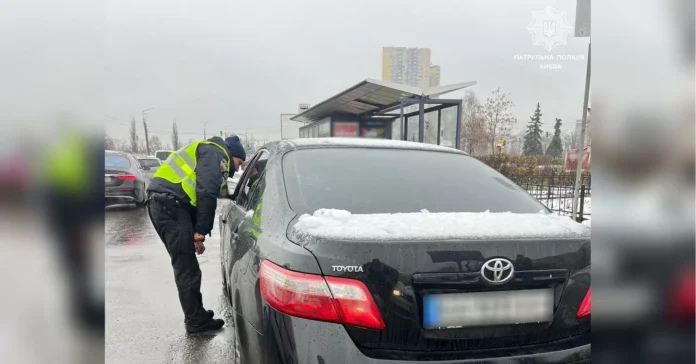Some Actions When Dealing with Patrol Officers Can Work Against the Driver
When it comes to driving, there are many rules and regulations that we must follow in order to ensure the safety of ourselves and others on the road. However, sometimes we may find ourselves in a situation where we are pulled over by a patrol officer. This can be a stressful and nerve-wracking experience, especially if we are not sure why we were pulled over in the first place. In these situations, it is important to remember that our actions and behavior can have a significant impact on the outcome of the interaction with the patrol officer. In fact, some actions when dealing with patrol officers can actually work against the driver. Let’s take a closer look at some of these actions and how they can potentially harm us.
1. Being Aggressive or Confrontational
One of the worst things a driver can do when pulled over by a patrol officer is to become aggressive or confrontational. This can include raising your voice, using offensive language, or making threatening gestures. Not only is this behavior disrespectful, but it can also escalate the situation and make the officer feel threatened. This can lead to a more serious outcome, such as a ticket or even an arrest. It is important to remain calm and respectful when interacting with a patrol officer, even if you disagree with their actions.
2. Refusing to Comply with Requests
Another mistake that drivers often make when dealing with patrol officers is refusing to comply with their requests. This can include refusing to show your driver’s license, registration, or proof of insurance. While it is understandable to feel frustrated or even angry when pulled over, it is important to remember that these requests are a standard part of the officer’s job. Refusing to comply can be seen as a sign of guilt and can lead to further consequences. It is best to comply with the officer’s requests and address any concerns or issues you may have later on.
3. Lying or Providing False Information
In an attempt to avoid a ticket or other consequences, some drivers may be tempted to lie or provide false information to the patrol officer. This can include giving a fake name or providing incorrect information about your vehicle. However, this can have serious consequences and can even result in criminal charges. It is always best to be honest and truthful when interacting with a patrol officer. If you are unsure about something, it is better to admit it rather than providing false information.
4. Arguing or Negotiating
Some drivers may try to argue or negotiate with the patrol officer in an attempt to get out of a ticket. While it is understandable to want to avoid a fine or other consequences, arguing or negotiating with the officer is not the way to go about it. This behavior can be seen as disrespectful and can actually work against the driver. It is important to remember that the patrol officer is just doing their job and it is not their decision to issue a ticket or not. It is best to accept the consequences and move on.
5. Failing to Follow Instructions
During a traffic stop, the patrol officer may give you specific instructions, such as staying in your vehicle or stepping out of the car. It is important to follow these instructions carefully and without hesitation. Failing to do so can be seen as a sign of non-compliance and can lead to further consequences. It is also important to keep your hands visible at all times and avoid making any sudden movements, as this can be perceived as a threat.
In conclusion, it is important to remember that our actions and behavior can have a significant impact on the outcome of an interaction with a patrol officer. Being aggressive, refusing to comply, lying, arguing, and failing to follow instructions can all work against the driver and potentially lead to more serious consequences. It is important to remain calm, respectful, and cooperative when dealing with patrol officers. By doing so, we can ensure a smoother and more positive outcome for everyone involved.

